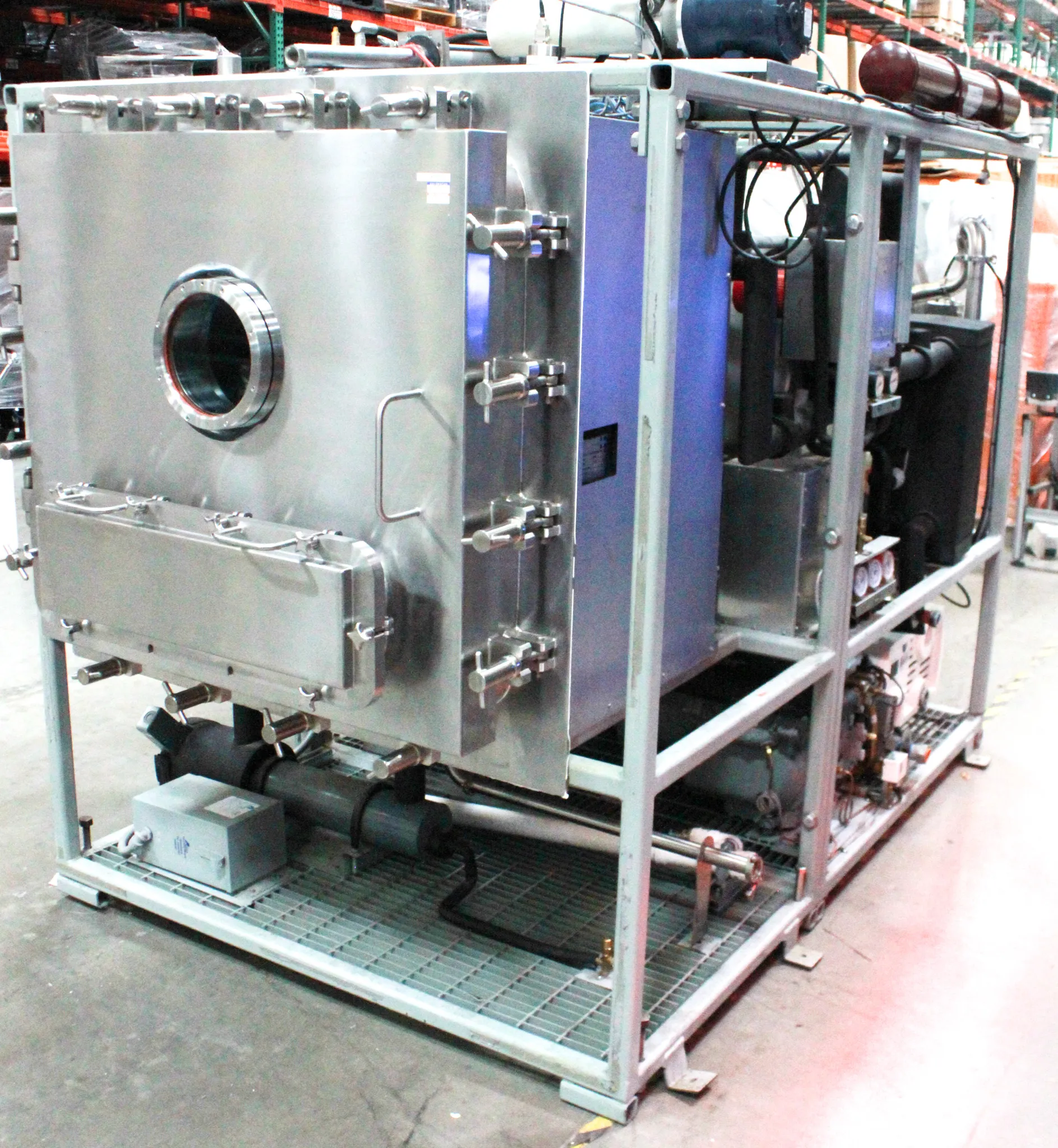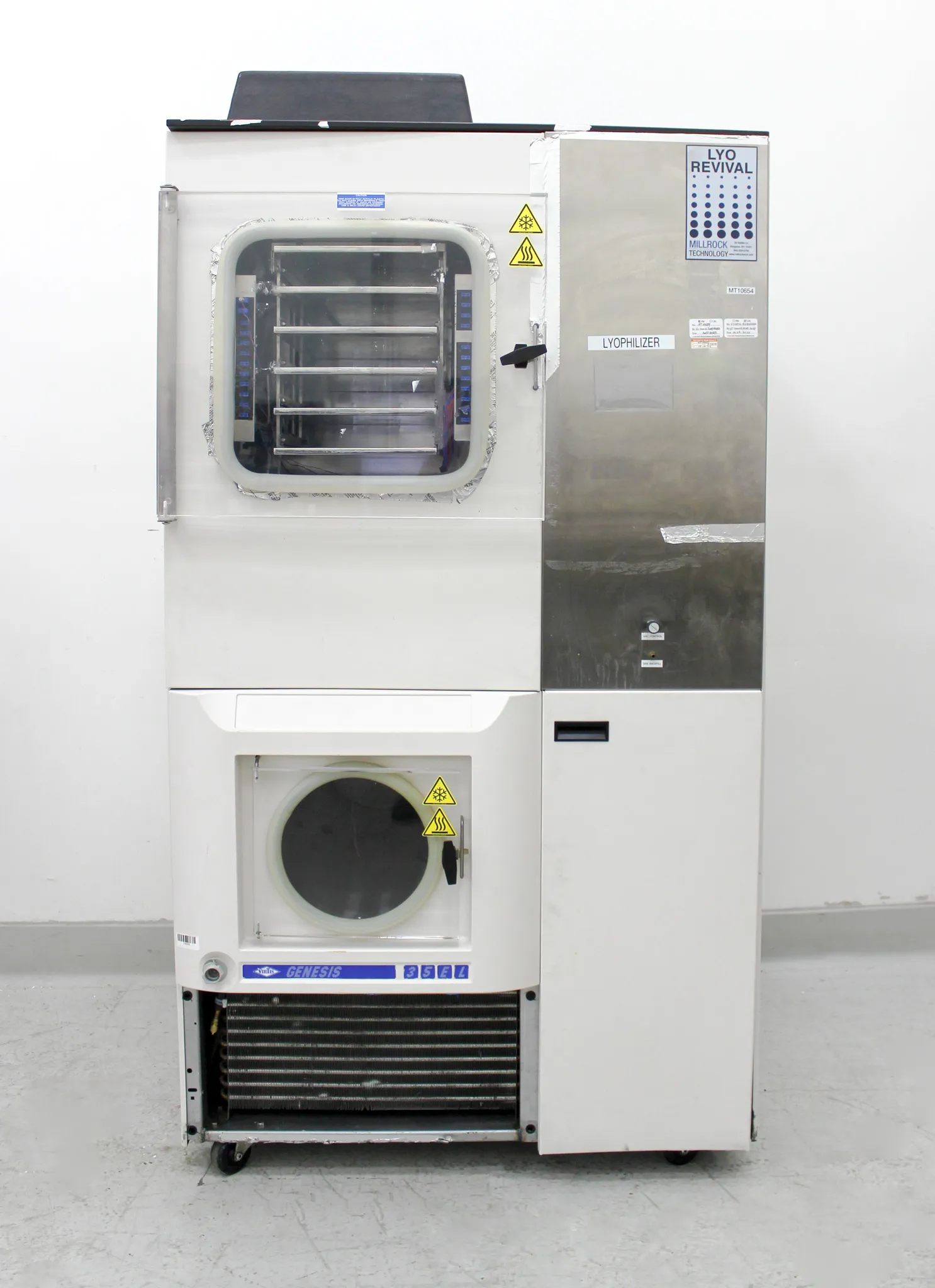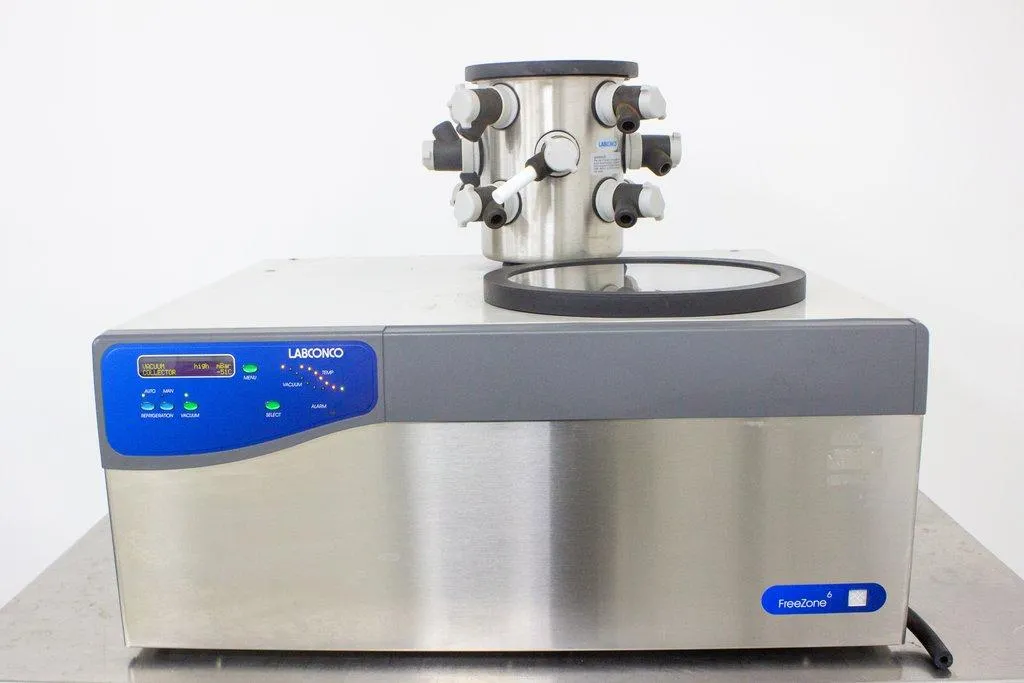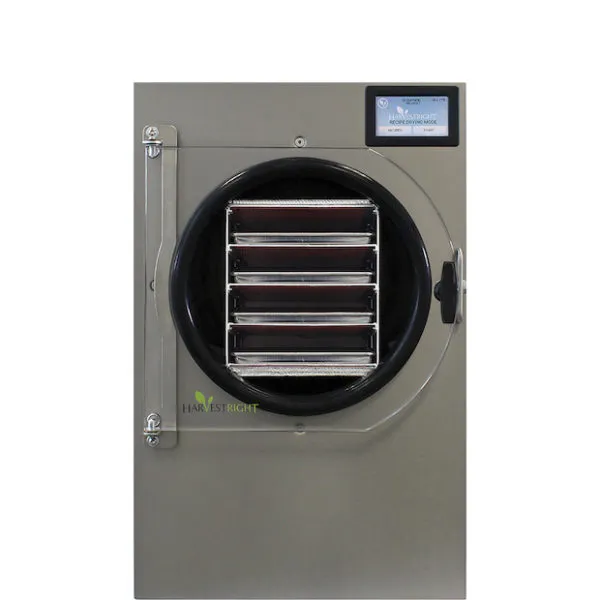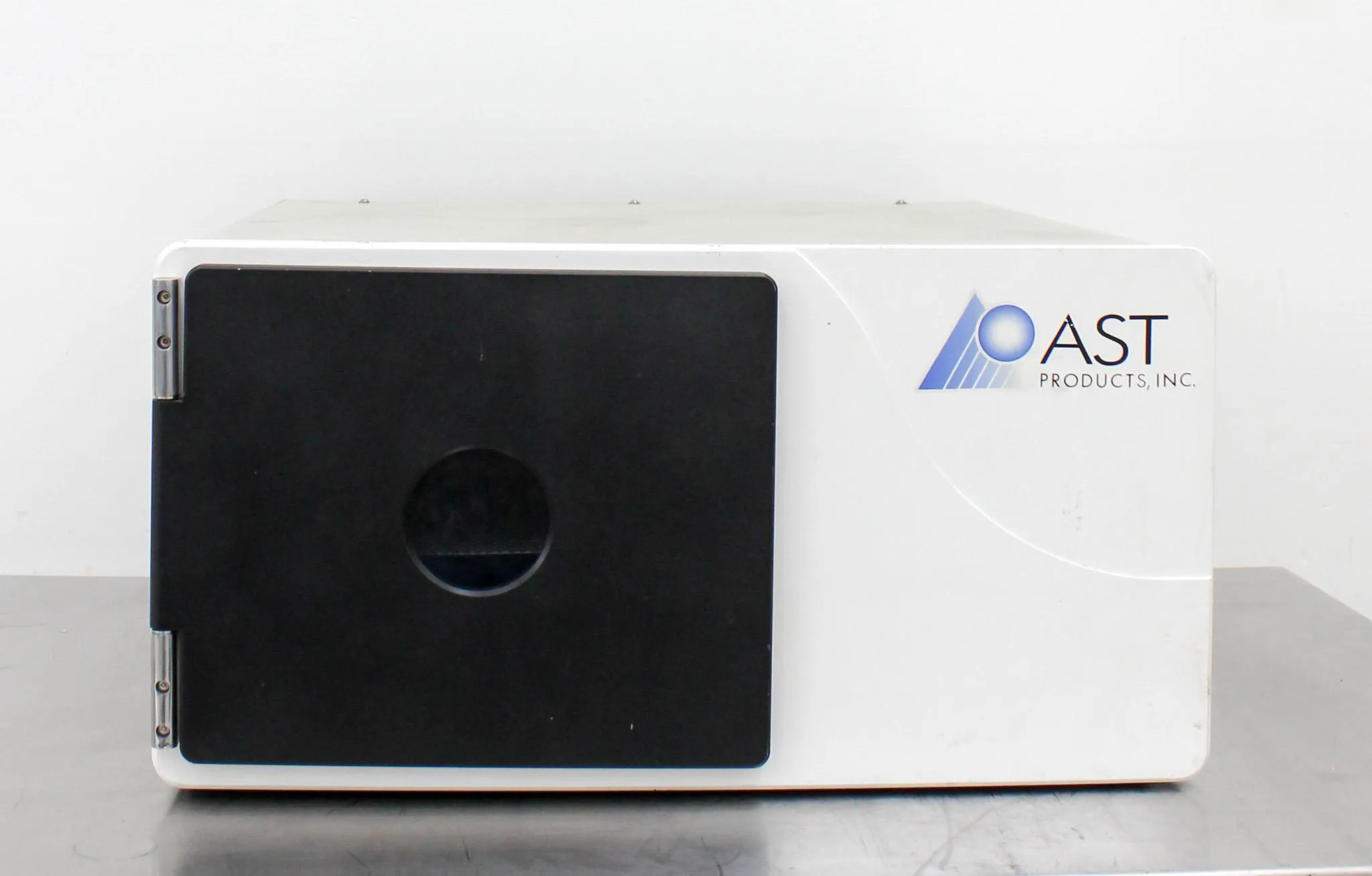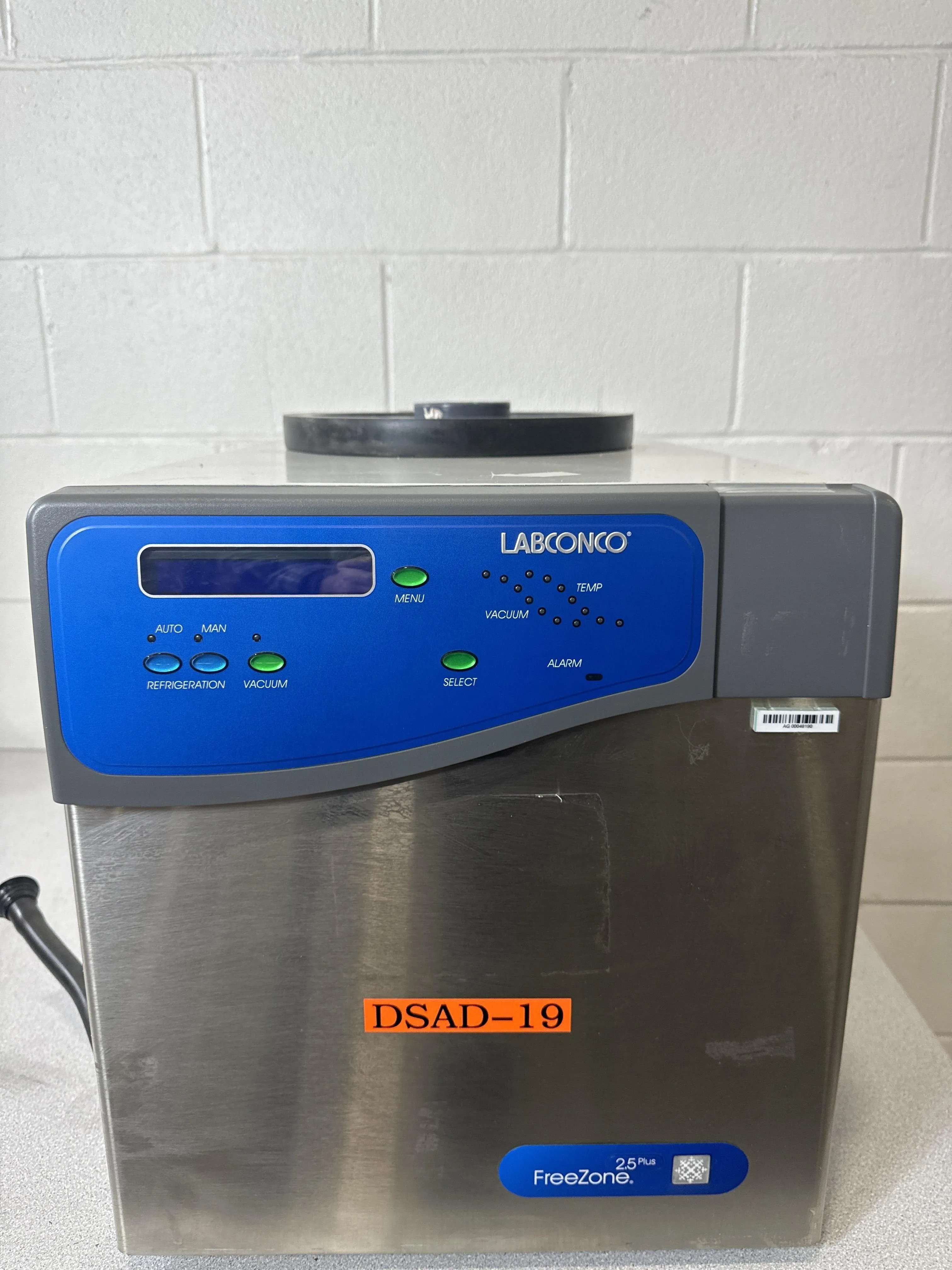Browse a selection of Process Vacuum systems designed for efficient vacuum generation in laboratory and industrial applications. Ideal for a variety of processes, our products are available for easy online ordering and quick delivery.
Process Vacuum
Price Filter
$75.00 - $550,000.00Product Region
Product Condition
Product Warranty
Browse By Category
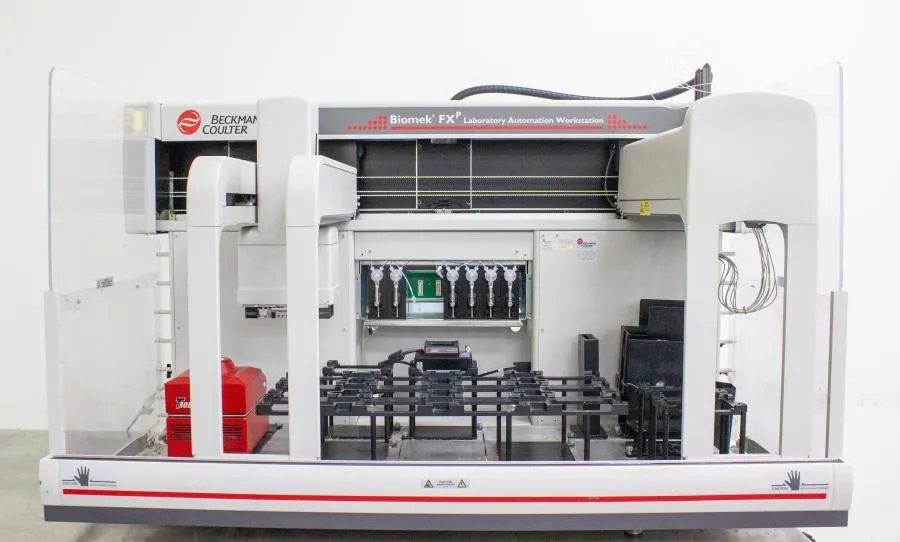
Beckman Coulter Biomek FXP Dual Arm Automated Liquid Handling System A31844
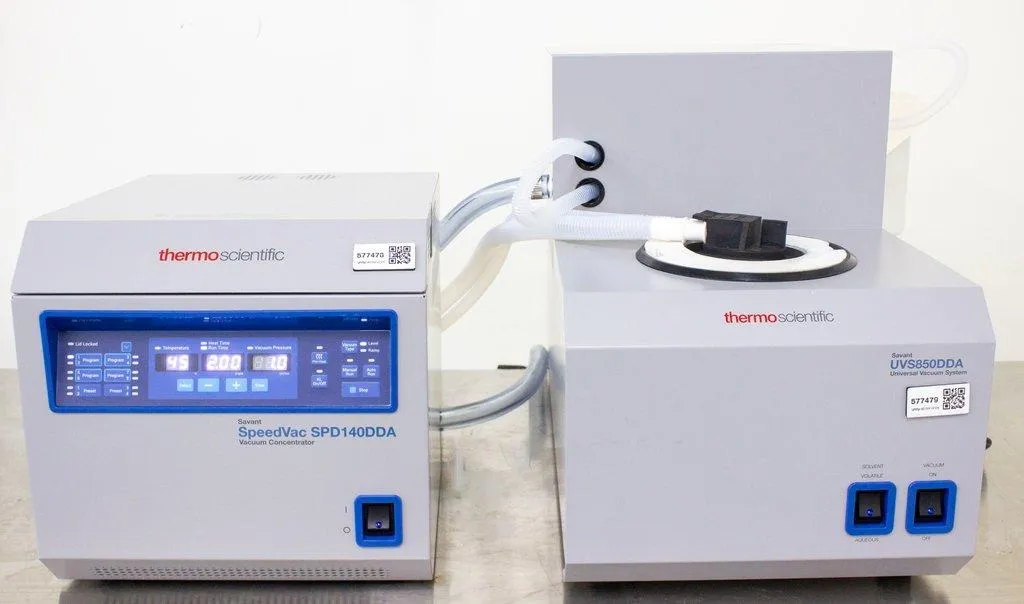
Thermo Scientific Savant SpeedVac SPD140DDA Vacuum Concentrator & UVS850DDA Universal Vacuum System Evaporator
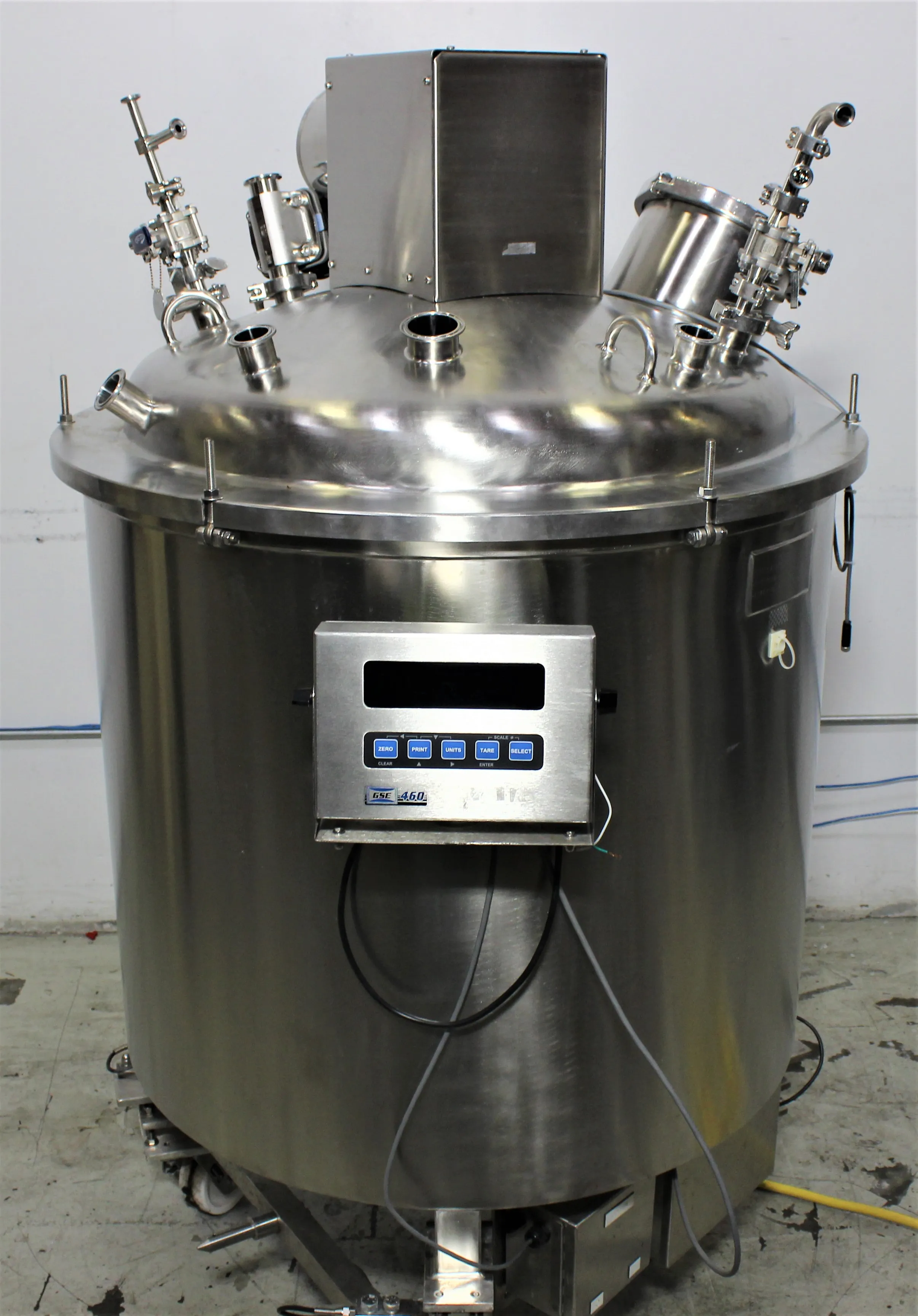
Ross-Mixing Inc RD1661A 100 Gallon Vessel with GSE 460 Series Indicator
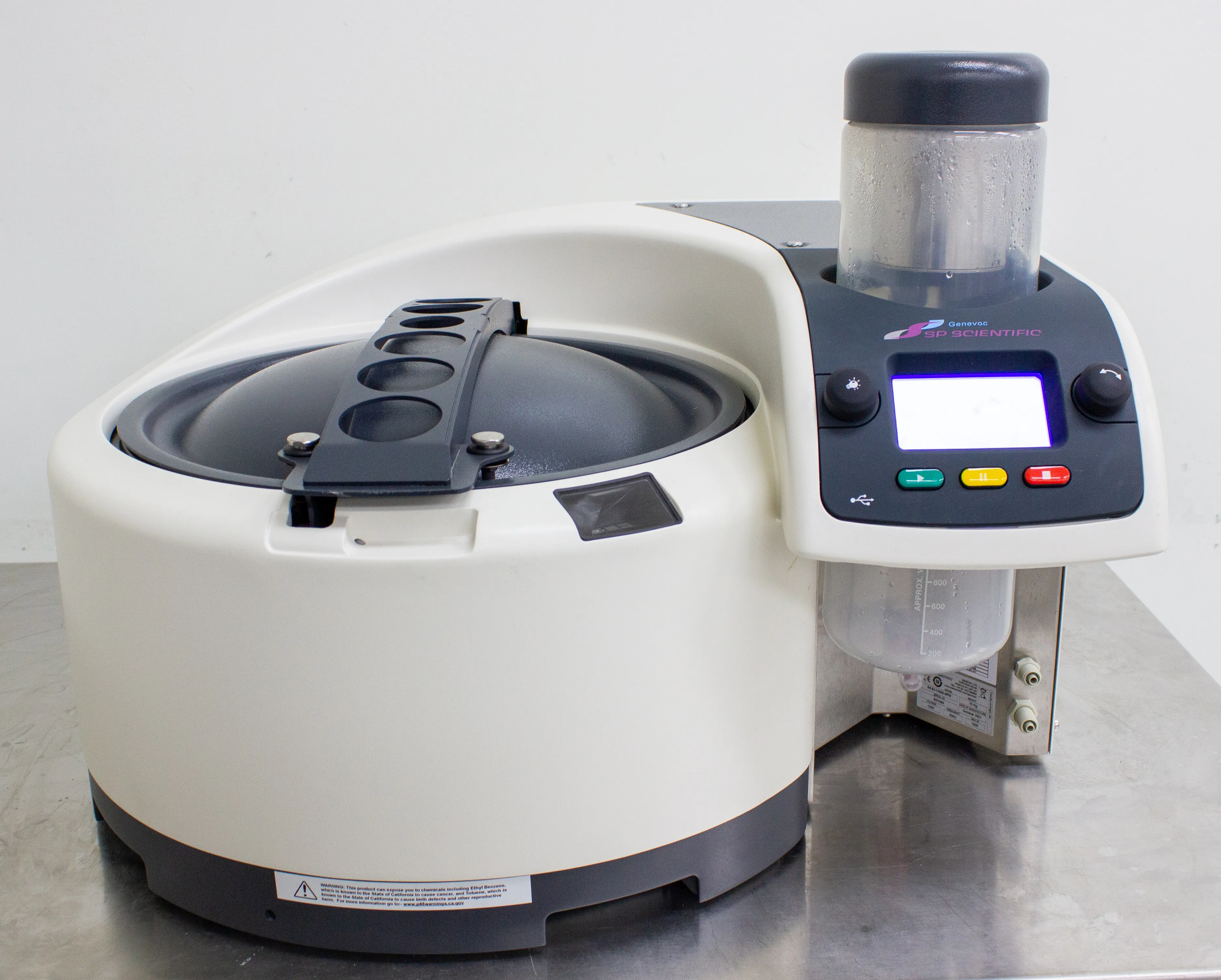
SP Scientific Genevac Rocket Synergy 2 Evaporator RKS2-12060-SNW - Need Fix
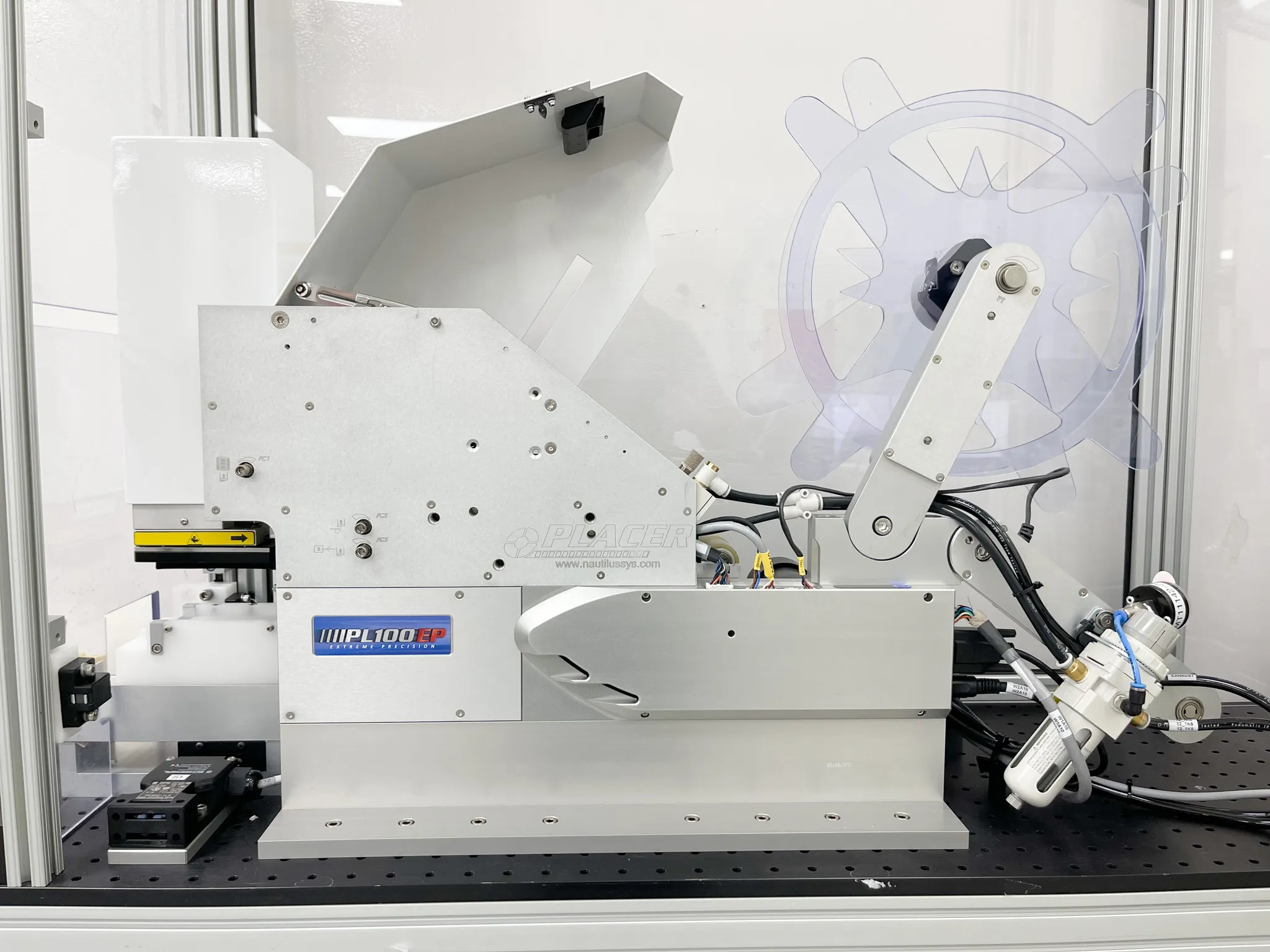
ATS Life Sciences Model 13-Label Applications - Nautilus Systems PL100I ER
Question & Answers For:
Process Vacuum
Past Questions, Helpful Answers.
What is a process vacuum system used for?
A process vacuum system is used to generate and maintain a vacuum in laboratory and industrial applications. It is essential for processes such as drying, degassing, distillation, filtration, and material handling.
What types of industries use process vacuum systems?
These systems are commonly used in industries such as pharmaceuticals, chemicals, food processing, manufacturing, electronics, and research laboratories.
How do I choose the right process vacuum system for my application?
Consider factors such as required vacuum level, flow rate, chemical compatibility, and operating conditions. Understanding your process needs will help in selecting the most efficient system.
What are the benefits of using a process vacuum system?
Benefits include improved process efficiency, reduced contamination risk, enhanced product quality, and energy savings in industrial and laboratory applications.
How do I maintain a process vacuum system?
Regular maintenance includes checking seals, changing filters, inspecting pump oil (if applicable), and ensuring the system operates within the recommended parameters to prevent breakdowns.
Can process vacuum systems handle corrosive or hazardous materials?
Some vacuum systems are designed to handle corrosive or hazardous materials. Choosing the right materials and coatings for the pump and components is crucial for safe operation.
Are process vacuum systems oil-free?
Some systems, like diaphragm and dry screw pumps, operate oil-free, while others, such as rotary vane pumps, may require oil for lubrication and sealing. The choice depends on the application.
How quickly can a process vacuum system achieve the desired vacuum level?
The speed of vacuum generation depends on the pump capacity, system size, and application requirements. High-performance systems can achieve the desired vacuum quickly for efficient operation.
Can process vacuum systems operate continuously?
Yes, many systems are designed for continuous operation, but the duty cycle, cooling requirements, and maintenance schedules should be considered to ensure longevity and reliability.
